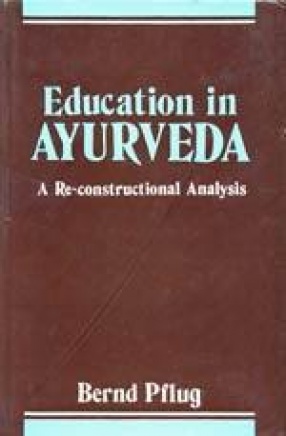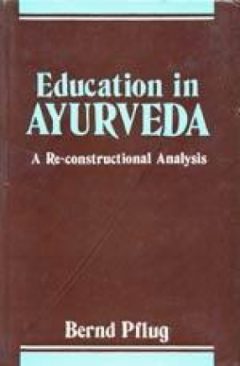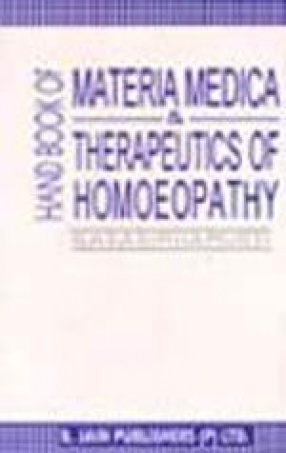Ayurveda was a system in ancient India which had its supreme duty in preventing diseases and maintaining health, rather than in curing diseases. In this it followed the principle of congruence between content and form, content meaning a particular corpus of knowledge and the ways of imparting and acquiring it, form meaning life and the forms of life. It was not a special discipline which made Ayurveda preventive but a way of life which enabled people to create conditions for a healthy (and happy) life. If this was true and possible in the past, then we shall think of adopting this principle of congruence between content and form to modern life as well. For this, the author has developed a theoretical framework in which primary prevention in its widest sense takes the centre as a strategy of health promotion. In this contribution to a philosophy of education, the Sutra Sthana of the Caraka Samhita, one of the main ayurveda texts, is analysed. Though much emphasis is put on life-long self-education, it is also made clear that a modern ‘Ayurveda Health Education’ has to become community education in order to help people perceive their world by conscientisating their situation and by this empower them to create new social circumstances. This education, then, can become an integral part of popular education by, amongst other things, employing P. Freire’s concept of dialogue which cannot exist in the absence of profound love for the world and humankind.
Education in Ayurveda
In stock
Free & Quick Delivery Worldwide
Bibliographic information
Title
Education in Ayurveda
Author
Edition
1st ed.
Publisher
ISBN
8121203996
Length
xiv+213p., Tables; Notes; Bibliography; Index; 23cm.
Subjects









There are no reviews yet.